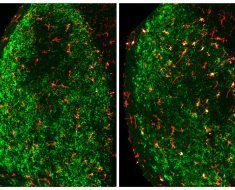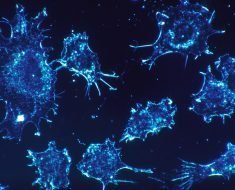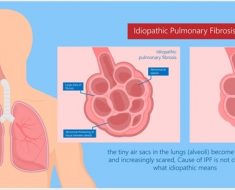The latest research into finding medications to aid the passage of ureteral or kidney stones has shown that tamsulosin is not effective for patients across the board. Previously approved to help men experiencing enlarged prostates, tamsulosin is an Alpha-1 blocker that, in small studies, had been found to be a promising aid to passing kidney stones.
A recent multi-center clinical trial funded by the National Institute for Diabetes and Digestive and Kidney Diseases, revealed no significant support for the use of tamsulosin for kidney stones. The results, published in JAMA Internal Medicine, found no significant effect of patient-reported passage or capture of the stone.
“There is no known medication for helping patients pass kidney stones,” explained Andrew Meltzer, MD, associate professor of emergency medicine at the George Washington University (GW) School of Medicine and Health Sciences. Current guidelines by the American Urological Society call for all patients with stones to receive tamsulosin to help facilitate passage. “We will likely have to change the guidelines regarding which groups of patients should receive the medication,” he said.
During the six-year trial, patients presented to the emergency department describing pain associated with stones. One tablet of tamsulosin was administered per day for 28 days with few patients reporting stone passage.
According to Meltzer, the medication isn’t completely out of question. Various subgroup analyses suggest that tamsulosin may work in certain subgroups of patients—those with larger stones or with distal stones.
About 10 percent of people suffer from kidney stones, which cause excruciating pain that many compare to child birth. It is estimated that the annual medical costs associated with stones are approximately $5 billion.
“We are still looking for noninvasive ways to manage patients who have ureteral stones in order to promote passage and decrease complications and pain,” Meltzer said.
Source: Read Full Article





